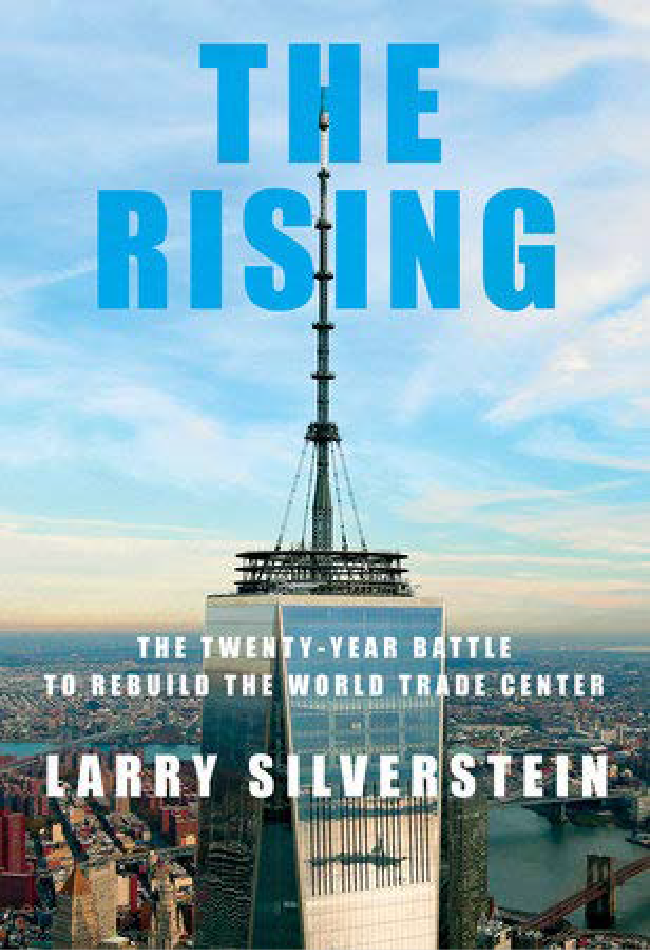
The Rising: The Twenty-Year Battle to Rebuild the World Trade Center By Larry Silverstein, Knopf, 2024, 368 pp, $35.00.
The destruction of the World Trade Center may have been the most astonishing, tragic moment of the past 100 years. Its rebuilding may have been the most daunting task since.
That project is the focus of The Rising, written by Larry Silverstein, whose company had taken a 99-year lease on the property from its quasi-public owners, the Port Authority of New York and New Jersey, just 49 days before 9/11. That gave him the right to rebuild.
The Twin Towers had roughly as much office space as downtown Nashville has today. The site also contained, among other things, a shopping mall, a hotel, a transit hub for 14 commuter lines and an electrical substation. The rebuilt property needed all that back, plus a memorial to the more than 2,600 victims.
In his telling, Silverstein comes off as a lonely genius, “battling ambitious governors, wrong-headed mayors, incompetent bureaucrats, greedy insurance companies and an often-vindictive press.”
Take those greedy insurance companies. Silverstein fairly describes the unique complexity of the insurance claims: The catastrophe was clearly a total-limits loss, but when a terrorist conspiracy causes two jets to hit two buildings on the same piece of property. Is that one event or two?
If it was one event, the insurers owed $3.2 billion. Two events — they owed another $3.2 billion. Even more complicated was the fact that, although the policy was in force, its terms hadn’t been settled. The ambiguities and the amount at stake meant a lawsuit was inevitable.
The matter was settled in 2004, with Silverstein’s company receiving $4.68 billion.
Silverstein’s caustic takeaway: “When you pay massive premiums for enormous coverage, all you have bought was the right to sue the insurance companies.”
It’s typical Silverstein. He spits at those he feels underserved him. One New York governor, George Pataki, was “self-aggrandizing.” Another, David Paterson, was “second-rate” and “lacked intellectual capacity.” Silverstein sympathizers — New York mayor Michael Bloomberg, 60 Minutes journalist Scott Pelley — get kinder treatment.
After more than 20 years, the job is effectively done. One high-rise remains on the drawing board, victim of a post-pandemic real estate glut. The project was an ordeal, and in his book, Silverstein bares his wounds. The reader suffers, too.
Jim Lynch, FCAS, MAAA, is retired from his position as chief actuary at Triple-I and has his own consulting firm













